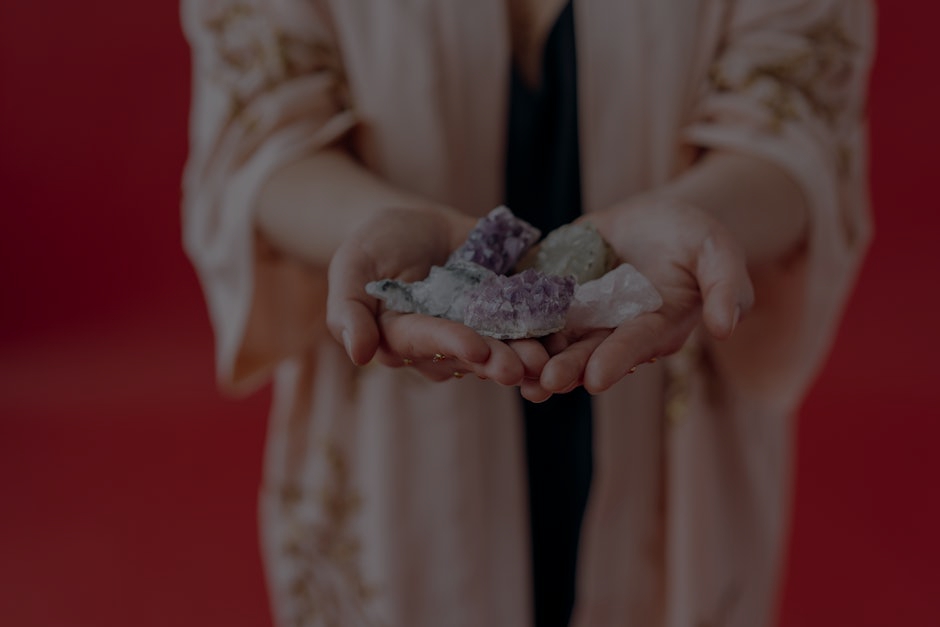**Title: Transform Your Space: The Impact of Color in Feng Shui for Positive Energy**
**Abstract:** Discover how the strategic use of color in Feng Shui can transform your space, enhance your well-being, and attract positive energy into your life.
The Significance of Color in Feng Shui
Color plays a pivotal role in Feng Shui, influencing the energy flow within your environment. Each hue carries its own unique vibrations, impacting emotions and moods. For instance, warm colors like red and orange are associated with energy and passion, while cool colors such as blue and green promote calmness and tranquility. Understanding these associations allows you to create a harmonious space that resonates with your intentions.
Selecting Colors for Different Areas
When choosing colors for your home or workspace, consider the function of each area. The living room, often a hub for social interaction, benefits from vibrant colors that stimulate conversation and warmth. A serene blue or soft green in the bedroom can foster relaxation and restful sleep. In contrast, a bright yellow in the kitchen can inspire creativity and joy, making meal preparation a delightful experience. Tailoring your color choices to each space maximizes their potential and enhances your daily life.
<strong-The Emotional Connection to Color
Colors evoke emotional responses, making them powerful tools in Feng Shui. For example, red symbolizes luck and prosperity, making it an excellent choice for areas associated with wealth, such as the southeast corner of your home. Conversely, using too much black can create feelings of heaviness and negativity. By consciously selecting colors that align with your emotional needs, you can cultivate a nurturing environment that supports your overall well-being.
<strong-The Role of Color in Energy Flow
Feng Shui emphasizes the importance of energy flow, or “Chi,” within a space. Colors can either enhance or disrupt this flow. Light colors can open up a room, making it feel more spacious and inviting, while dark colors may create a sense of confinement. To maintain a balanced energy flow, consider incorporating a mix of both light and dark shades, ensuring that your space feels dynamic yet harmonious.
<strong-Seasonal Color Changes for Feng Shui
Adapting your color palette with the seasons can also enhance your Feng Shui practice. In spring, embrace fresh greens and floral hues to symbolize new beginnings and growth. Summer calls for bright, vibrant colors that energize and uplift. As autumn approaches, warm earth tones can create a cozy atmosphere, while winter may invite deeper, richer colors that promote introspection and rest. By aligning your color choices with the seasons, you can create a living space that feels alive and responsive.
<strong-Integrating Personal Preferences
While Feng Shui offers guidelines on color selection, personal preferences should never be overlooked. Your space should reflect your unique personality and style. If you have a fondness for a particular color, find ways to incorporate it thoughtfully into your design. Whether through accent walls, decorative accessories, or artwork, infusing your space with colors that resonate with you creates a deeper emotional connection and enhances your sense of belonging.
<strong-The Bottom Line: Creating Your Feng Shui Sanctuary
Harnessing the power of color in Feng Shui can significantly impact your environment and well-being. By understanding the emotional and energetic implications of different hues, you can create a sanctuary that nurtures your spirit. Remember to consider the purpose of each space, adapt your palette to seasonal changes, and stay true to your personal preferences. With these insights, you are empowered to transform your space into a harmonious haven filled with positive energy and intention. Embrace the journey of color and watch as your life flourishes!



